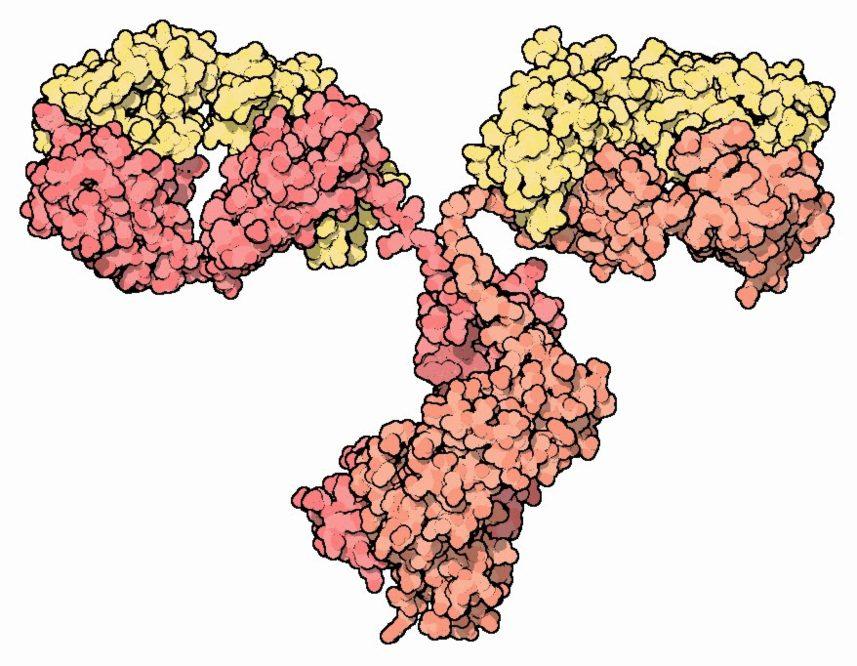But medical experts are prefacing all their hopeful news about COVID-19 antibodies with a great deal of caution. Despite Willy Wonka's recommendation "Oh, you should never, never doubt what nobody is sure about," confidence that antibodies will be the sought-after Golden Ticket is premature.
First, having antibodies does not guarantee immunity to a disease. Some viral and bacterial infections generate lifelong immunity (measles and smallpox, for example). But antibodies generated by a tetanus infection—caused by the bacterium Clostridium tetani––will not protect you from a repeat infection. In fact, a vaccine and boosters are needed throughout a human's entire life to give the best protection possible against this potentially fatal disease (11% of reported cases resulted in death). Similarly, people infected with HIV have tons of antibodies in their systems that do not prevent the disease from progressing. In fact, recent studies indicate that anti-HIV antibodies are actually ineffective at blocking infection due to their poor binding to the virus—an excellent example of how evolution selects for viral strategies that can evade our immune system's main combat strategy.
Second, and more worryingly, coronaviruses—similar to influenza viruses—also seem to have characteristics that allow them to evade the immune system: they have a relatively high mutation rate that allows them to generate thousands of slightly different progeny viruses with each infection. If one of those progeny has a mutation that existing antibodies do not recognize, that strain will quickly spread through the population, whose memory cells will not recognize it. That means that even having antibodies to SARS-CoV-2 doesn't guarantee immunity to future variants of the virus. Consequently, sending people back to work because they have antibodies to this year's strain might not be a permanent solution.
There are yet other issues of concern with current antibody testing hopes. A recent Associated Press article describes the new “Wild West” that might develop due to all the COVID-19 blood tests currently being manufactured. Over 70 companies are gearing up to sell antibody tests to the general public, but the accuracy of these tests will be an issue. As part of its emergency response effort, the Food and Drug Administration decided not to check the accuracy of antibody tests hitting the market right now—the FDA is simply too overwhelmed to evaluate every new test. Due to the lack of quality control, we might see people returning to work when they really shouldn't. (Not to mention that in addition to flawed tests, fraudulent tests will almost certainly find their way onto the market.)
Antibody testing would be great. But it will take a reliable vaccine to put a more permanent stop to the COVID-19 pandemic. Please tune in next week for an update on current COVID-19 vaccine efforts.



